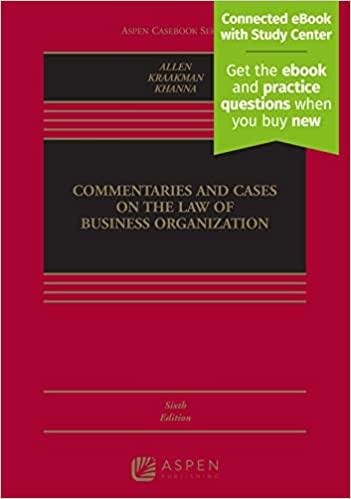Answered step by step
Verified Expert Solution
Question
1 Approved Answer
The primary purpose of the enforcement of laws prohibiting the economic adulteration of food is: To censure businesses for creating products with new or different
- The primary purpose of the enforcement of laws prohibiting the economic adulteration of food is:
- To censure businesses for creating products with new or different ingredients than what already exists in the marketplace
- To protect the public from unsafe foods
- To support the trademarks and patents of food manufacturers as it relates to food production
- The Supreme Court has held that food not labeled with the distinctive food could be
- Exempt under the distinctive name proviso of the administrative definitions and standards of identity
- Confiscated under the Pure Food and Drug Act
- A violation of the imitation proviso of the administrative definitions and standards of identity
- Moving away from assessment of the listed ingredients as a way to establish economic adulteration, or food fraud, the standard today in determining whether a food is adulterated is based upon
- Whether the food is diluted
- Whether the food is recognized by the ordinary consumer as a food containing certain ingredients
- Whether the marketing of the food matches the ingredients on the label
- When a state legislature passes a statute to prevent the manufacture of imitation butter using a particular food coloring, the state statute will be
- Upheld as not repugnant to the Constitution
- A violation of the Due Process class as such a state statute operates as an unlawful taking of property
- A violation of the Dormant Commerce Clause
Step by Step Solution
There are 3 Steps involved in it
Step: 1

Get Instant Access to Expert-Tailored Solutions
See step-by-step solutions with expert insights and AI powered tools for academic success
Step: 2

Step: 3

Ace Your Homework with AI
Get the answers you need in no time with our AI-driven, step-by-step assistance
Get Started


